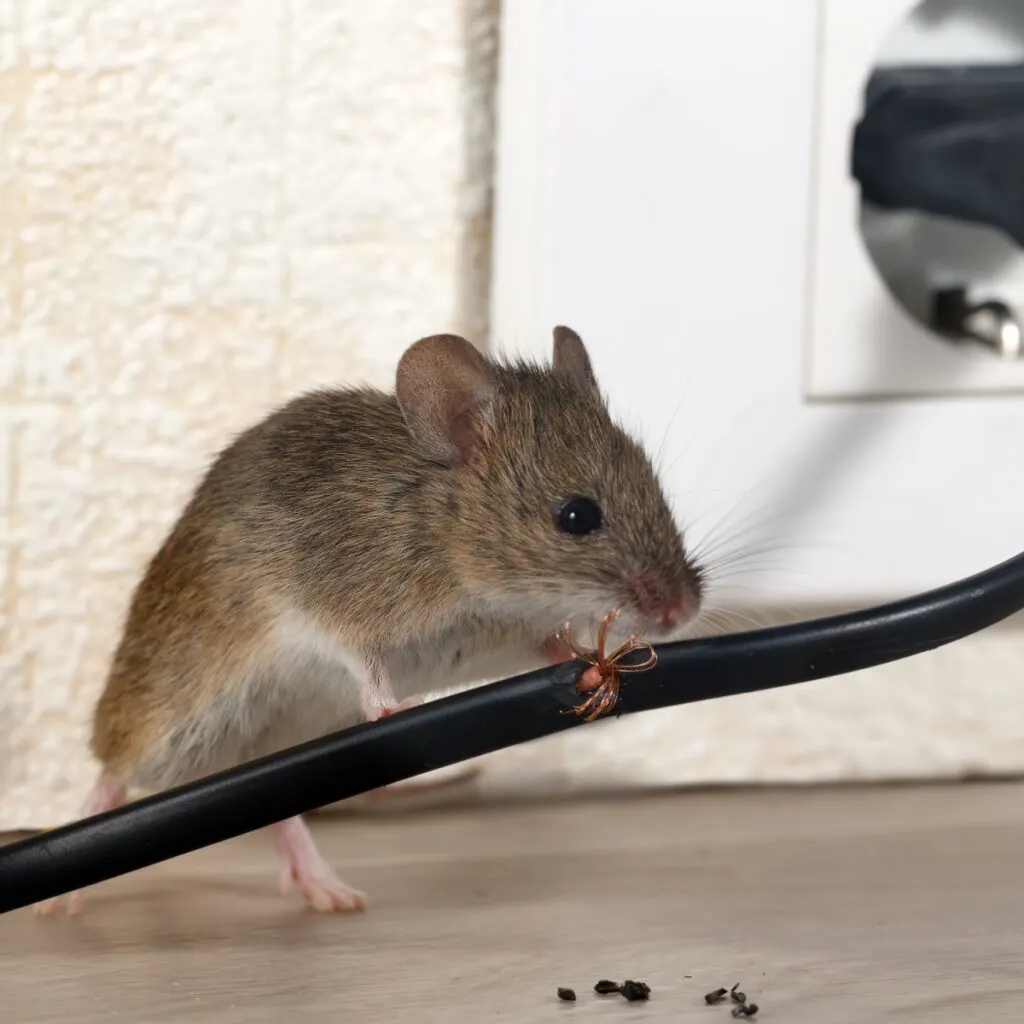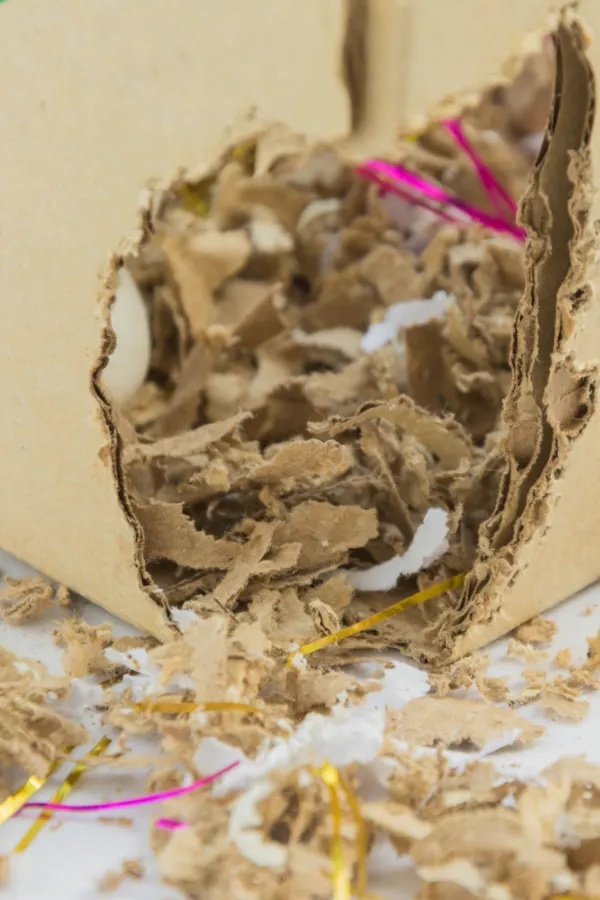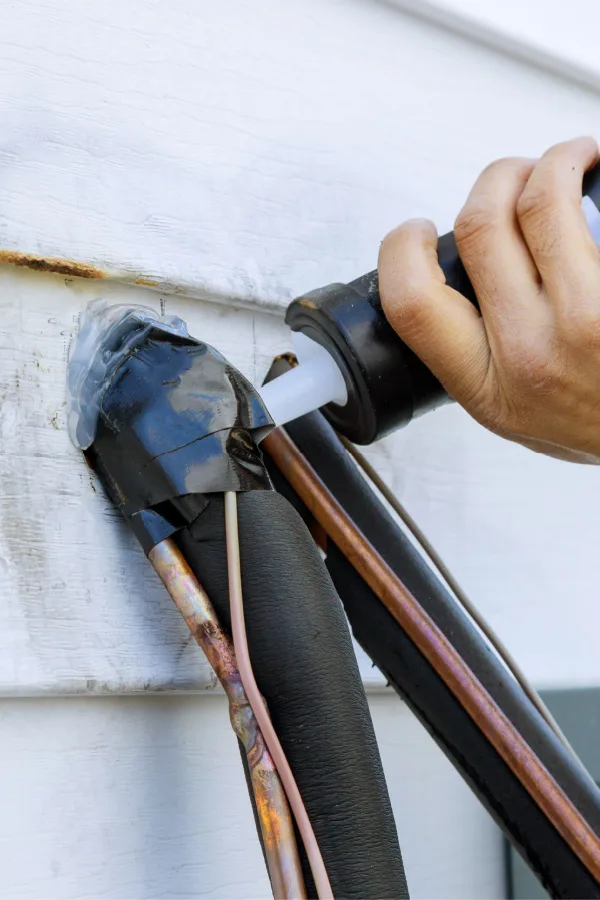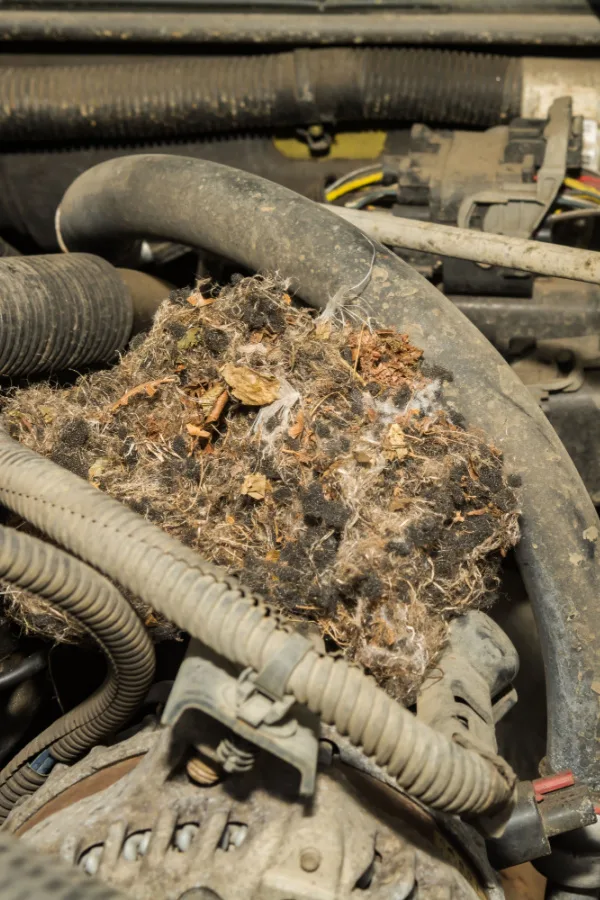Looking for a few simple but extremely effective tips to prevent and keep mice out of your garage and shed this fall and winter? All without having to use nasty traps or dangerous poisons?
No one likes to hear or see the quick scurrying of a tiny mouse running through their garage or shed. Not only can it leave you leaping for higher ground, but mice can also cause a host of issues beyond just being a nuisance.
While they might look tiny and cute (to some), a common field mouse can be the cause of major problems for property owners. These little pests are members of the rodent family and often carry diseases like salmonella, listeria, and more. And those diseases can easily be transferred through their droppings, urine and even their nesting materials.

In addition, mice can cause major destruction to your garage, shed and more. With their sharp teeth, they are able to easily and quickly chew through soft materials. Especially ones like cardboard, fabric, electrical wires, paper and more. Not only are storage boxes at risk for damage – but so are your car and lawn mower wires!
One thing’s for sure, as fall arrives with cooler temperatures, now is the time to jump into action. When cool weather hits, mice start to look for a warm place to call home! The good news is that there are actually a few simple and safe ways to prevent them from taking up residence in your garage, barn or shed.
How To Prevent Mice From Getting Inside
It takes a two-pronged approach to keep mice out of garage, shed and outdoor storage spaces. Not only do you need to discourage them from visiting your property in the first place, but you also need to have procedures in place for repelling them if they try to get inside.
Create An Uninviting Space
One of the best ways to prevent mice from seeking shelter is to make hiding place less inviting. This means removing any products that mice like to nest in as well as food sources. It also means making the space as closed up as possible.
Removing Cardboard
First off, remove any cardboard boxes and containers from your shed. Mice love cardboard! These materials are easily chewed through by mice. Also, the shavings left behind create the perfect warm bedding for nests.

In addition, cardboard and other paper-like products absorb mice droppings and urine. This creates a potent odor that will spread to all of the items stored within those containers.
Instead, choose hard plastic storage containers that seal tightly with lids. Metal bins with lids also work well and can’t be chewed through by mice. These containers are especially important if you are storing products like animal feed or any type of garden or grass seeds, which happen to be a popular food choice for hungry mice.
The plastic or metal containers will not only help to keep mice out, but they will also keep their urine or feces odor from reaching the contents within as well.
Seal Cracks And Holes – How To Prevent Mice From Getting In Your Garage, Barn or Shed
The next step to keeping mice out of your property is to seal up any cracks or holes around the exterior of your garage or shed.
Mice can easily get through a hole as small as a quarter of an inch! So anything that size or larger needs to be sealed up tightly. This includes holes or gaps within the foundation, siding, doors, and windows.

If you have wires or plumbing running into your garage or shed, you also need to check these entry points as well. You will often find gaps around these spaces where mice can fit through. It is actually one of their favorite ways to get inside. They feel the warmth coming out of the hole, and head for shelter.
Seal gaps or holes around the garage or shed with caulking, expanding foam, or extra boards. For tough areas where mice repeatedly enter through, add a little steel wool and then caulk or use the expanding foam over top. This will help deter the mice from chewing through the foam or caulking.
Weather Stripping Works – How To Prevent Mice From Getting In Your Garage, Barn or Shed
Use weather stripping around any door gaps or spaces. Check garage door seals to make sure they are in good shape and have no cracks or holes. Replacing the seals is usually inexpensive and easy to do in most cases.
Walk around the outside of your garage or shed when it is dark out and the lights are on inside. Or, leave the lights off while you are in the garage and have someone walk around the outside with a bright flashlight. This will help to reveal any small spots where the light is escaping, indicating a space where mice can enter.
If your shed or garage has dirt floors, place down a skirt barrier of metal hardware cloth all around the perimeter. This will help prevent the mice (and other critters) from digging under and getting inside as well.
Natural and Safe Repellents – How To Prevent Mice From Getting In Your Garage, Barn or Shed
Even if you’ve followed all the above steps, you still might end up with a mouse in your garage or shed. They can quickly scurry in when doors are left open, so it is always good to have a few safe repellent measures in place too.

Many people turn to mothballs for use around garages and sheds. While they might be effective, they are toxic to pets and humans. With that in mind, it’s best to find a safer method. In addition, the scent of mothballs can be very offensive to humans as well as mice.
With these methods, there is no checking for traps or getting your fingers snapped by not setting a trap correctly. In addition, there is no handling or removal of a mouse if a trap does work properly.
Strong Scented Oil Repellents
One of the most effective natural items to use is high concentrations of both peppermint and cinnamon oils. Their strong scents are extremely offensive to mice and other rodents. Spray these oils in areas that are prone to mice activity and the scent will send them running in the other direction.
Cinnamon is a great choice for helping to deter not only mice but other insects around your garden spaces as well. Houseplants, flowerbeds, garden plants, and so much more can benefit from the strong scent of cinnamon. (See, “How To Use Cinnamon To Repel Pests In The Garden & Flowerbeds”)
Another great alternative to sprays is to use pouches of scented repellents. These products are natural and can last a month or longer. They are perfect for putting around your stored vehicles, farm implements, and tractors where wires are exposed. (Affiliate Product Link: Grandpa Gus’s Extra Strength Mouse Repellent)

Electronic Repellents – How To Prevent Mice From Getting In Your Garage, Barn or Shed
In addition to using strong scents, ultrasonic repellent devices are another safe and effective way to keep mice out. These products work by emitting sound waves that are offensive to pests and critters – but inaudible to human ears.
Not only will they deter mice, but also mosquitoes, spiders, ants, cockroaches, and other small insects. They simply plug into an outlet and work constantly in the background. (Affiliate Product Link: Ultrasonic Pest Repeller)
Not only is it possible to keep mice out of your garage and shed space, but you can do it easily and safely for yourself, your pets, and your stored products. The key is to get started early to prepare before the chill of fall has them looking for ways in!
Follow Our Facebook Page For Even More Great Tips! Simple Garden Life Facebook Page
Simple Garden Life is a website dedicated to keeping gardening fun, simple and enjoyable! We publish two new articles each week along with a new garden podcast episode every two weeks. This article may contain affiliate links.
